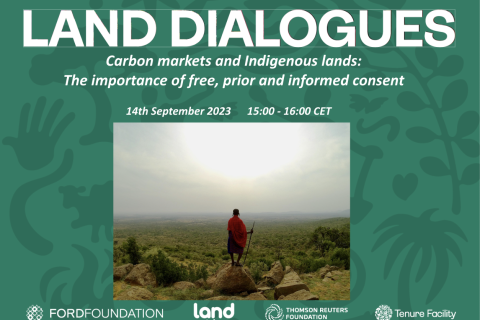The UN’s past two global climate summits have been big on promises for Indigenous Peoples. At COP26 in 2021 governments and private philanthropies pledged nearly $2 billion for Indigenous Peoples and local communities to fight deforestation. Last year’s COP27 led to the creation of a new “loss and damage” fund to help vulnerable communities respond to climate disasters. Leaders are now again preparing for a round of climate talks at COP28, which start later this month in Dubai, this time vowing to enhance the participation and visibility of Indigenous Peoples during the negotiations.
This webinar gathered experts and on-the-ground activists to examine how commitments from past COPs to Indigenous Peoples and local communities have not filtered down to where they matter most as well as how this year’s summit can fix climate financing by making it more inclusive and responsive to these communities and their own funding mechanisms. The session also highlighted the importance of robust data in monitoring and tracking climate funds set aside for Indigenous Peoples and local communities.
Indigenous Peoples have an outsized role in addressing climate change, and have unique perspectives and needs that should be considered in the lead-up to COP28. However, many communities wouldn’t be able to carry out concrete solutions unless delegates at COP28 ensure that the financial pledges and commitments are honored.








